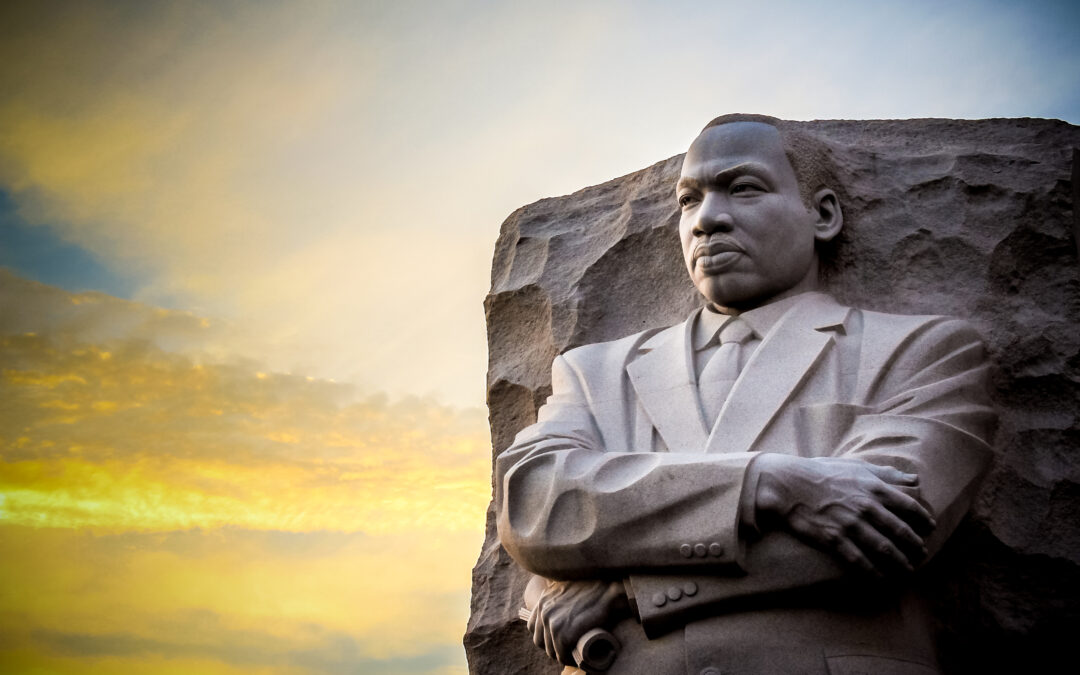Martin Luther King Jr. Day, observed on the third Monday in January, is more than a federal holiday—it’s a day dedicated to honoring the life and legacy of one of America’s most transformative leaders. But the journey to establish this holiday was as monumental as the movement it commemorates.
Following Dr. King’s assassination in 1968, calls to create a national holiday in his honor began almost immediately. Congressman John Conyers introduced the first bill just four days after King’s death, but it faced resistance in Congress for over a decade. Coretta Scott King, alongside civil rights activists and public figures, spearheaded the campaign to ensure her husband’s legacy was formally recognized.
The movement gained momentum in the 1980s, with figures like Stevie Wonder advocating for the holiday. Wonder’s song “Happy Birthday” became an anthem for the cause. Finally, in 1983, President Ronald Reagan signed the bill into law, and the first nationwide celebration of Martin Luther King Jr. Day took place on January 20, 1986.
The holiday is now marked by acts of service, education, and reflection. From community clean-ups to discussions on racial justice, it serves as a reminder of the ongoing work required to achieve equality. Martin Luther King Jr. Day isn’t just a celebration of the man—it’s a call to action to continue his vision of a just and compassionate world.


